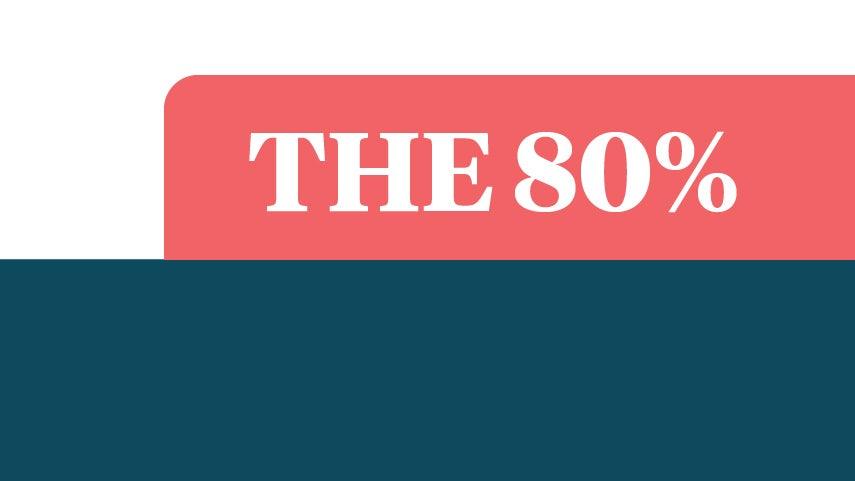Analysis Finds Low-Income Older Adults Die Nine Years Earlier than Wealthier Peers
3 min read

Contact:
Simona Combi
Public Relations Manager
571-527-3982
simona.combi@ncoa.org
Oct. 7, 2025, Arlington, VA—A new report from the National Council on Aging (NCOA) and LeadingAge LTSS Center @ UMass Boston reveals a stark reality: Older adults with the fewest financial resources die, on average, nine years earlier than those with the greatest wealth.
“Low-Income Older Adults Die 9 Years Earlier than Those with Greatest Wealth,” which draws on nationally representative data from the Health and Retirement Study, highlights the widening wealth gap among Americans age 60 and older and its devastating impact on health and longevity. The report is part of the series, “Addressing the Nation's Retirement Crisis: The 80%.”
Analyzing data from 2018 to 2022, researchers found:
-
Wealth is strongly associated with longevity.
Mortality rates among older adults in the bottom 60% of wealth were nearly double those of individuals in the top 20%. In fact, those in the bottom 20% of wealth died on average nine years earlier than those in the top 20%.
-
Millions of older adults remain financially insecure.
Over 19 million (45%) older adult households do not have the income needed to cover basic living costs based on cost-of-living data from the Elder Index. And 80%, or about 34 million households, are unable to weather a major shock such as widowhood, serious illness, or the need for long-term care.
“It is shocking and unacceptable that in the United States in 2025, poverty steals almost a decade of older Americans’ lives,” said Ramsey Alwin, NCOA President and CEO. “Millions of older Americans who worked hard and played by the rules are dying early simply because they don’t have sufficient financial resources.
We’ve got to push for better policies now so everyone, not only the wealthy, has the chance to enjoy a long life.”
The findings underscore how the COVID-19 pandemic deepened financial and health risks for older Americans, particularly those in the lower wealth brackets. From 2018 to 2022, the wealthiest 20% of older adults saw substantial gains in assets, while most households experienced little to no improvement in financial security.
The cost of long-term services and supports (LTSS) remains a central driver of insecurity. More than half of older adults will need LTSS in their lifetime, yet Medicare does not cover these expenses. The average annual cost of a private room in a nursing home exceeds $100,000, which is out of reach for most households.
The analysis also found that while some wealthier households saw increases in home equity, middle-income households saw declines in the net value of their primary residence between 2020 and 2022.
“Too many older adults are living on the edge financially, and this instability is literally cutting their lives short,” said Dr. Marc Cohen, co-author of the report and Co-Director of the LeadingAge LTSS Center @ UMass Boston. “This report makes clear that, without policy interventions, a lack of resources has life-and-death consequences.”
Researchers analyzed data between 2018 to 2022 from the Health and Retirement Study, a longitudinal panel study that surveys a representative sample of 10,000 households in the United States. The study segmented households by wealth quintiles to assess mortality age, mortality rates, income, assets, and housing values over time. Each quintile represents approximately 9 million older U.S. households, for a total of 43 million households.
About NCOA
The National Council on Aging (NCOA) is the national voice for every person’s right to age well. Working with thousands of national and local partners, we provide resources, tools, best practices, and advocacy to ensure every person can age with health and financial security. Founded in 1950, we are the oldest national organization focused on older adults. Learn more at www.ncoa.org and @NCOAging.